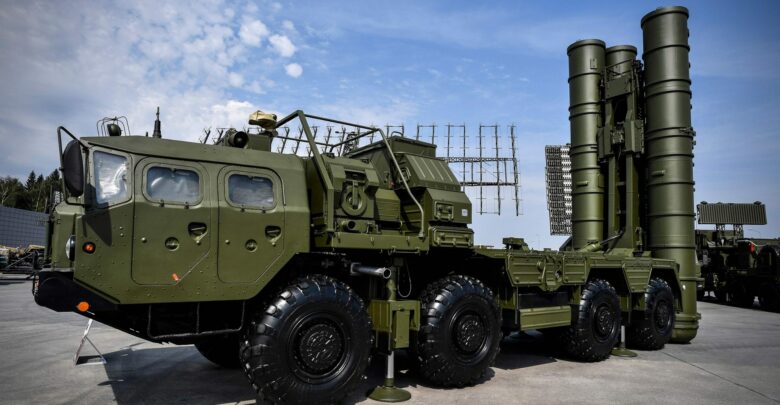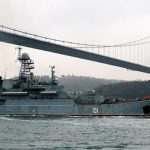If there is one thing that the deplorable Russian invasion of Ukraine has demonstrated so visibly to the Turkish authorities, it is that Turkey’s membership in the transatlantic alliance has been an important element of its protection from potential Russian aggression and that continued rapprochement with Russia is not a viable nor a desirable option.
As I argued in my book, Turkey–West Relations: The Politics of Intra-alliance Opposition, the deeply rooted alliance ties between Turkey and the West cannot ever be replicated by Turkey-Russia relations.
The policy of both being in the transatlantic alliance and engaging in a rapprochement with Russia on defense and security affairs cannot be sustained in the medium run. Sooner rather than later, Turkey would have to make a fundamental choice.
Turkey’s S-400 Deal
Turkey has in the last five years jeopardized its alliance ties with NATO by the S-400 deal it signed with Russia in 2017.
Turkey’s rapprochement with Russia has already brought with it major costs for Turkey, including a heavy blow to its indigenous defense sector, and contributed to mounting concerns about Turkey’s trustworthiness as a Western ally.
With the signature of the agreement to purchase S-400s from Russia, Turkey was suspended from the F-35 Joint Strike Fighter Consortium. With the operationalization of the S-400 system, Turkey was removed from the Consortium.

Following the Countering America’s Adversaries Through Sanctions Act (CAATSA), Turkey became ineligible to purchase the 100 F-35s essential for modernizing its air force. Such a continued trajectory would potentially push Turkey further into the sphere of influence of Russia.
Wake-up Call
The situation in Ukraine represents a serious wake-up call for Turkey to recognize the importance of reaffirming its strong place in the transatlantic alliance. Turkey and Russia already do not see eye to eye with each other on any issue that is of importance to them, from Libya to Syria, to Ukraine.
The recent crisis in Ukraine showed the world that despite the arguments on its “brain death,” the transatlantic alliance is very much alive.
Turkey also woke up from its long nap to realize that there is an aggressive and revisionist force in its immediate neighborhood, which cannot be trusted. Turkey has been a strong supporter of Ukraine’s membership in NATO and has long been critical of the treatment of the Crimean Tatars by Russia.

Turkey, like the other NATO allies, condemned Russia’s breach of Ukraine’s sovereignty. Reflecting resounding support for Ukraine and its intentions to reinforce transatlantic solidarity in the face of Russian aggression, it recently pledged to continue abiding by the 1936 Montreux Convention.
This moment may prove the right one for Turkey to revoke the S-400s, break the path dependency created by its purchase and operationalization of the S-400s, and strongly reaffirm its place in the Western alliance.
It is high time that Turkey buries its S-400s deep underground, rekindles its relations with the West, and realizes its essential transatlantic future.
By: Dr. Oya Dursun-Özkanca (University of Texas at Austin, Ph.D.) is the Endowed Chair of International Studies and Professor of Political Science at Elizabethtown College, USA.
By: Dr. Oya Dursun-Özkanca (University of Texas at Austin, Ph.D.) – the Endowed Chair of International Studies and Professor of Political Science at Elizabethtown College, USA.
Source: Defense Post



